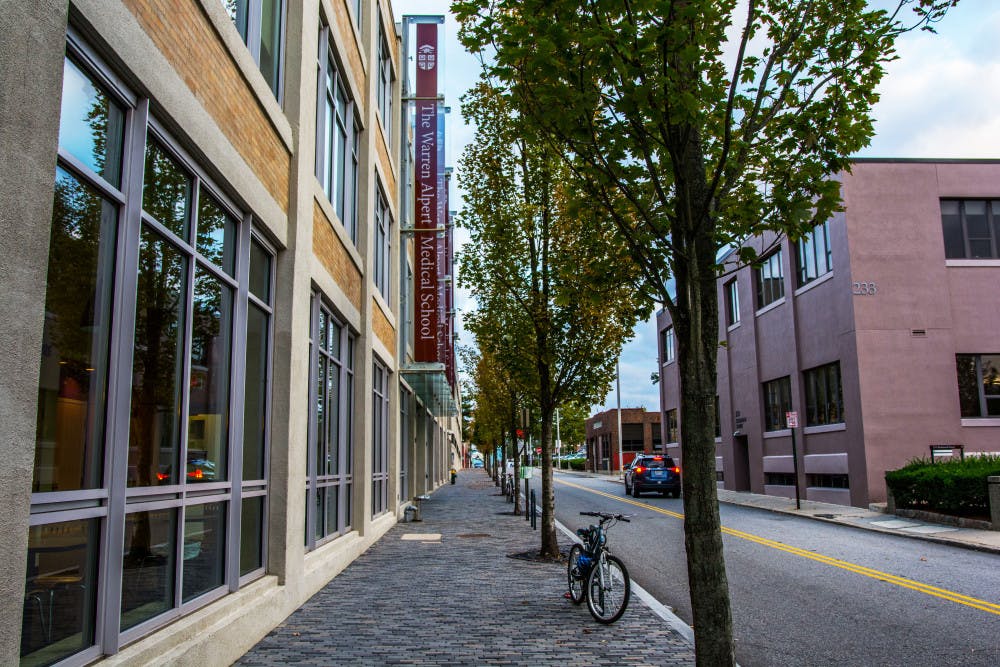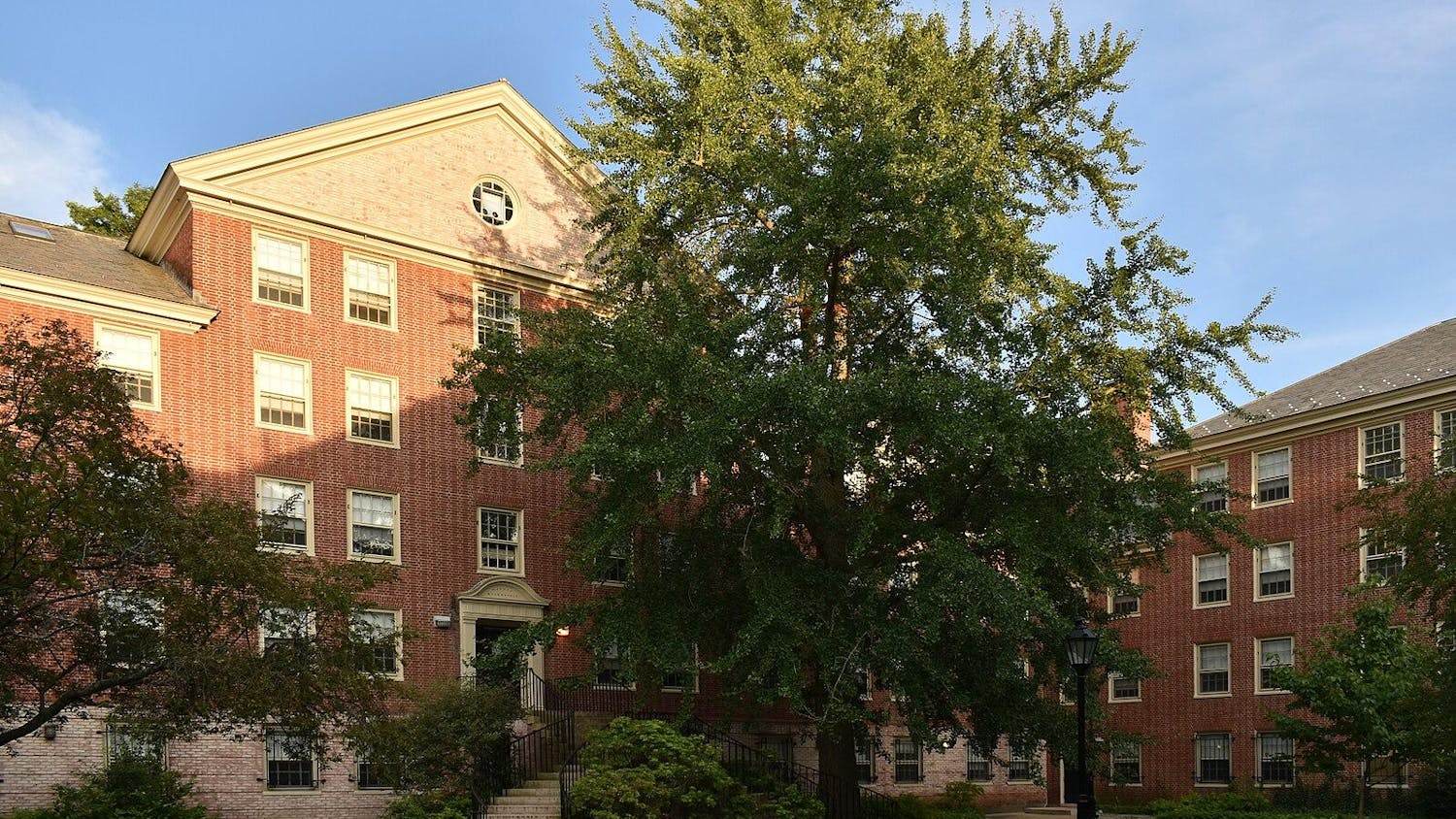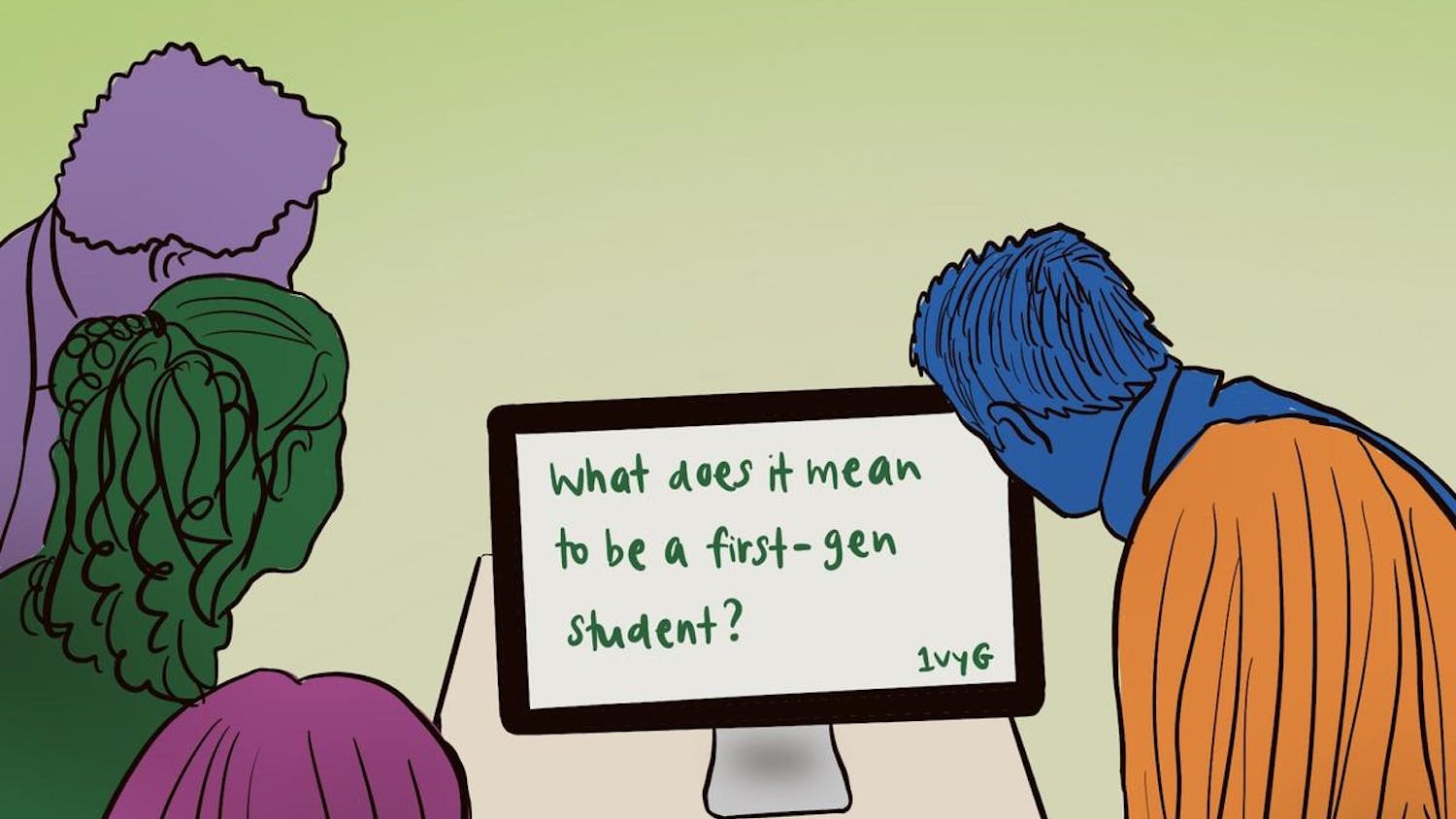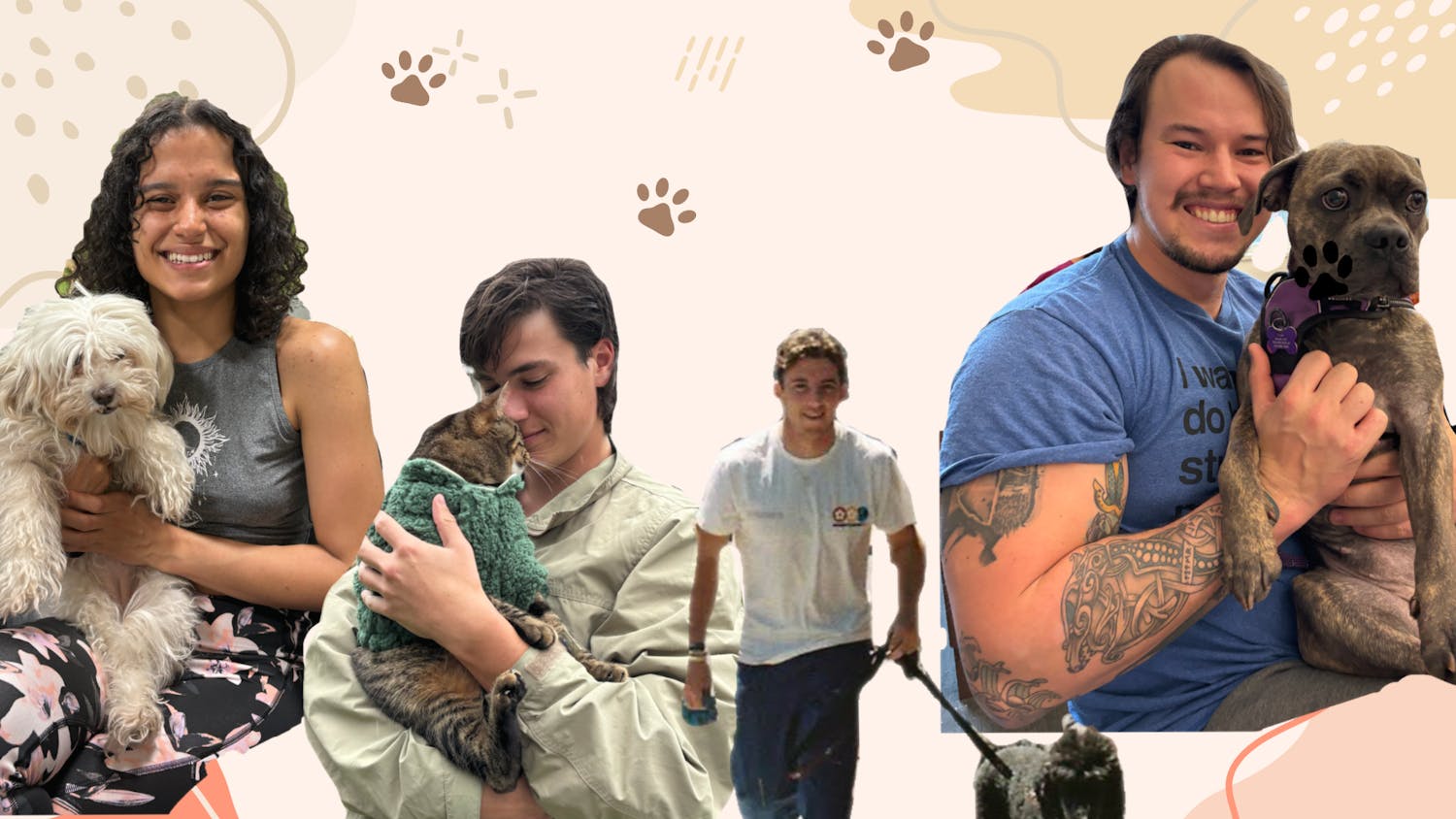Warren Alpert Medical School students now have the opportunity to undertake extracurricular studies in lesbian, gay, bisexual, transgender and queer healthcare and advocacy as part of the school’s scholarly concentration program, thanks to the efforts of two undergraduates.
Morgan Cheatham ’17 and Noah Lupica ’16, both Program in Liberal Medical Education students, spearheaded the project, eventually working with faculty to build the concentration. The program requires participating students to take elective courses, attend a seminar series and work on a project — in addition to their core courses.
The program will help students develop “sensitivity to the social, political and cultural context” surrounding healthcare for LGBTQ people. Concentrators will study topics including sexuality, social stigma, hormonal transition and minority stress, according to the medical school’s website.
The idea for the concentration emerged in 2013 when Cheatham took a medical course that showed how the “medical system really isn’t designed for people who are not your typical heterosexual, cisgender patient.”
In 2011, Stanford University published a study revealing that most medical school students spend only a few hours learning about the unique needs of LGBTQ patients, Cheatham said.
“Minority populations typically have higher rates of depression, anxiety and smoking not because they themselves are more prone but because of all the pressures society places on them,” Lupica said.
Alarmed by the prevalence of these challenges and apparent failure of medical curricula to address it, Cheatham talked to medical students to gauge their comfort treating LGBTQ patients.
The results of the survey were grave, Cheatham said. “I felt this was something that should be shared with the medical school administration. They were completely shocked and eager to support whatever I thought was necessary moving forward,” Cheatham added.
Cheatham and Lupica initially hoped LGBTQ healthcare would become part of the general curriculum. But because medical school is already “jam-packed” with content, they decided the scholarly concentration program would be the best avenue for change, Lupica said.
Community involvement and advocacy are also central elements of the curriculum. “We wanted to create a program that students could make their own,” Lupica said. “So in addition to following whatever track of research a student is interested in, we want students to involve themselves in the community in Providence.”
Though the curriculum is designed to prepare students to treat LGBTQ patients, “what students learn in this is applicable to the care of everyone,” said Kelly McGarry, associate professor of medicine and one of the two concentration directors. “Even though students are developing an area of interest, it’s not siloed in any way. The students will become amazing communicators and more sensitive physicians,” she added.
The LGBTQ concentration did not receive any applicants this year, but Cheatham and Lupica are working to bolster the program’s visibility before the medical class of 2020 arrives in the fall.
The program also stands to attract medical applicants to Brown, Lupica said, and it “shows Brown is a space where your institution supports you in exploring your interests.”
Of all the projects the two have collaborated on, the LGBTQ Health Care and Advocacy concentration is what Lupica is most proud of. “When you see an issue, you figure out what resources you need to fix it. You assemble them, you find people in positions of power to assist you and you get it done,” Lupica said. “That’s what we did here, and I’m very excited for next year.”





